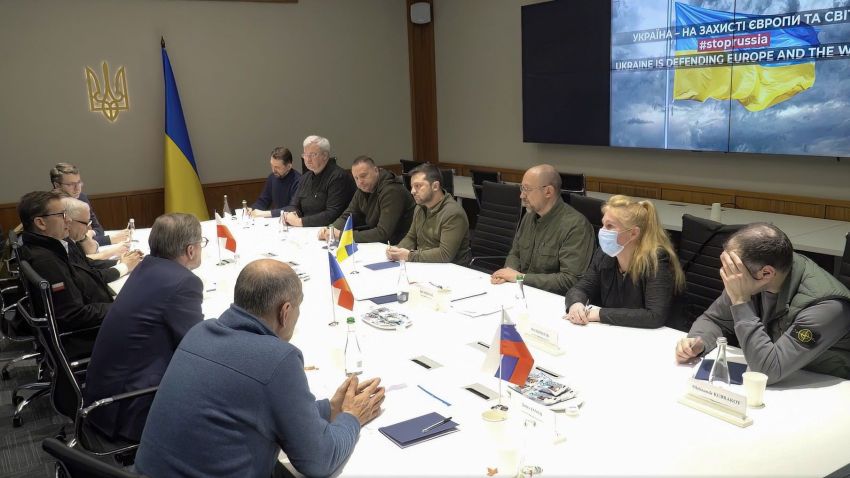Today at WPR, we’re covering why so many pre-invasion assessments of Russia’s military were wrong and the global implications of the drought in Panama.
But first, here’s our take on today’s top story:
Poland-Ukraine: Poland’s prime minister said the country was halting new weapons shipments to Kyiv yesterday, less than a week after the country, alongside Slovakia and Hungary, decided to extend a ban on Ukrainian grain imports. But the Polish president quickly walked back the controversy today, saying it would not affect the two countries’ close bilateral relations. (Washington Post; Reuters)
Our Take: Since Russia’s all-out invasion of Ukraine, Poland has been one of Kyiv’s staunchest supporters. That makes this spat particularly revealing in terms of how Ukraine’s allies in the West are balancing support for Kyiv against the domestic implications of that support.
Get the Daily Review sent straight to your inbox every weekday.
The main tensions stem from the EU’s attempts to assist Ukrainian grain exports. Here’s the basic timeline:
- In June 2022, the EU abolished tariffs on Ukrainian grain and other food staples so they could flow through the EU to the rest of the world.
- But instead of flowing to the rest of the world, the cheap grain flooded the domestic markets of Ukraine’s neighboring countries.
- In April, following protests by farmers, Poland banned grain imports from Ukraine. Hungary, Slovakia and Bulgaria followed suit.
- The EU then created a special arrangement for those countries, plus Romania, allowing for Ukrainian grain to be shipped through but not imported into them.
- That arrangement expired on Sept. 15, after which Poland and Hungary once again closed their borders to Ukrainian grain shipments.
Now, Poland’s government faces a dilemma. On the one hand, support for Ukraine enjoys broad popular support across the political spectrum. On the other, the country is holding parliamentary elections next month, and the agricultural sector is a key part of the ruling PiS party’s voter base.
Though Poland’s support for Ukraine is likely to remain solid, the whole saga still raises questions about EU’s ability to maintain its unity on the war. And the longer the war drags on, the more management that unity will require on the part of Brussels, but also Kyiv.
It’s worth noting, too, that the EU’s initial efforts to assist Ukraine in exporting its grain stem from Brussels’ ambitions to assume a more geopolitical role in global affairs, in this case by responding to the food crisis in the Global South caused by Russia’s invasion of Ukraine and exacerbated by Russia’s refusal to renew the Black Sea Grain Deal earlier this year. Internal divisions like the ones seen this past week may hamper those ambitions.

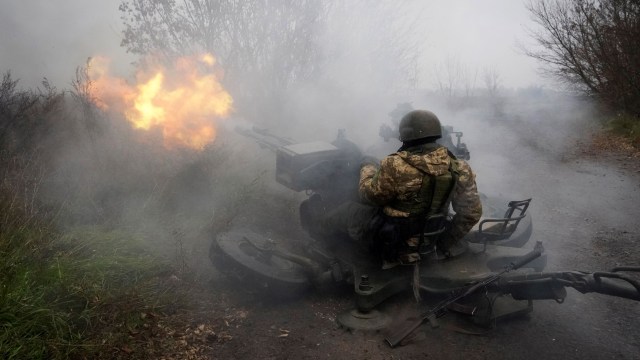
No One Could Have Predicted Russia’s Military Failure in Ukraine
The war in Ukraine has generated a fair number of bad takes, most notably how wrong the pre-invasion assessments of Russia’s military capabilities—and as a result, the predictions about the initial course of the war itself—turned out to be.
Why are we often wrong about how a war will go? Columnist Paul Poast argues the reason is inherent to the nature of warfare itself. Our ability to accurately predict the course of a war or specific battles during one is compromised by the inherent uncertainty of war.
Panama’s Drought Has Global Implications
Panama, renowned for its abundant rainfall and in the midst of its rainy season, is experiencing one of its driest periods on record. As a result, the Panama Canal—a vital conduit for global maritime trade—is facing severe challenges. The canal’s locks, which are reliant on freshwater, are operating at alarmingly low water levels.
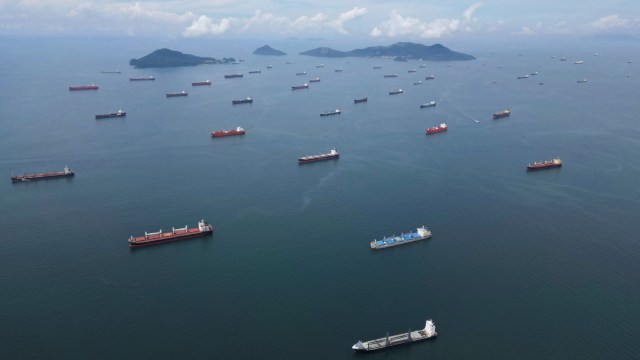
As Cristina Guevara writes, the drought has led to a sharp increase in ships awaiting passage through the canal, with the implications extending beyond Panama’s borders to affect international trade and global supply chains.

On Tuesday, Britain passed its Online Safety Bill, which includes age-verification requirements for pornography sites and rules to reduce hate speech, harassment, online fraud and other illicit material. But critics have argued that the bill does not do enough to protect users’ right to free expression.
This week, we asked: What should governments prioritize in their efforts to regulate social media?
The results? 67% of respondents said “Protecting as much as possible free speech rights.”

India’s parliament has approved legislation that will reserve one-third of seats in its lower house and in state legislatures beginning with the country’s 2029 national elections. India joins 107 other countries that now have some sort of electoral quota for women.
Gender quotas are generally unpopular, but, as Alana Moceri wrote in 2021, they are also the most effective tool available to open up political positions to women. And, as Minna Cowper-Coles wrote in July, evidence shows that where there are more women in the legislature, it benefits human development more broadly across societies.
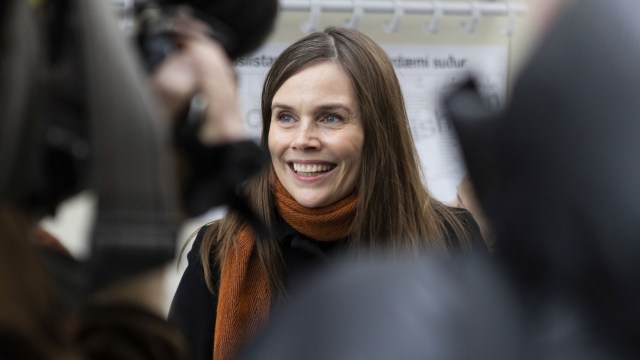
Quotas Get More Women Elected, but Gender Parity Is Still a Long Way Off
Oct. 29, 2021 | Gender quotas get more women elected. Figuring out which types of quotas work best for each electoral system is another story. Read more.
It’s Not Democracy Without Women in Positions of Power
July 10, 2023 | With the world continuing to face numerous crises, women’s political leadership is more, not less, important. Read more.
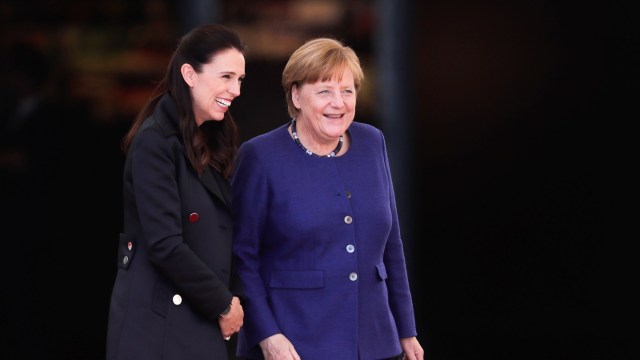
China’s top climate official said Thursday that the complete phasing out of fossil fuels is unrealistic and that the fuels must continue to play a vital role in maintaining energy security.
Globally, however, momentum for phasing out fossil fuels is building, with projections showing that the use of fossil fuels will peak in 2030. And as Lyuba Zarksy wrote last November, climate stability will depend on accelerating their phaseout.
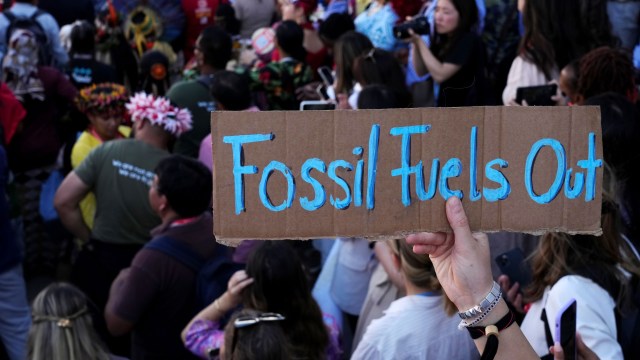
Momentum for a Fossil Fuel Phaseout Is Building
Nov. 15, 2022 | The only way to reach the goal set in the Paris Agreement and fight climate change is to completely phaseout fossil fuels. Read more.
That’s all for today’s Daily Review. Coming up, why criticisms of the “Global South” as a term are off the mark and potential tensions in the Russia-China relationship.
Have a great day,
Jakob Cansler
More From WPR
- Frida Ghitis on the rise of friend-shoring.
- Joshua Kurlantzick on Russia’s fading influence in Southeast Asia.
- Alexander Clarkson on social democracy in Europe.
- Matthew Blackman on South Africa’s opposition.

